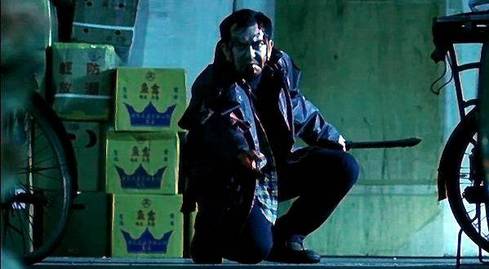 Well, this was a major disappointment. Going into Beast Cops, I was expecting a HK action film with a dose of drama, but really this film has almost no action whatsoever, opting to focus on a flimsy corrupt cop storyline that never really explores the thematic issues or emotional ambiguities. Anthony Wong really is the only reason to bother with this film. His portrayal of a dirty cop is layered and very fun to watch in places . He brings a lot of charisma and is easily the best actor in the film, though unfortunately his character isn't enough to carry the story. Michale Wong, who plays the by-the-book cop is pretty much terrible, and one-note throughout the entire film. Maybe I am being a little harsh cause I was expecting more action, because the film does have some pretty great comedic moments centered around the corrupt cop, exploring the massive dichotomy he has with his goody-to-shoes counterpart. The ending is pretty badass, but other than that, this is a pretty forgettable film that's best aspect is the comedy which isn't a good thing considering it's supposed to be a action-drama. 4/10
0 Comments
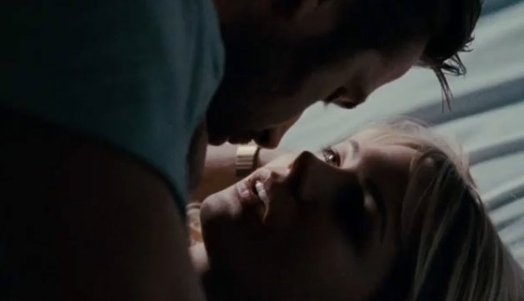 Blue Valentine tells the story of a married couple, played brilliantly by Ryan Gosling and Michelle Williams. The narrative structure of the film cross cuts between different time periods of their relationship, exposing intricacies and details about them. The film's over-arching story takes place in the presumable present as their relationship has deteriorated to some degree. Derek Cianfrance's Blue Valentine is very subtle in its approach, showing an honest depiction of a deteriorating relationship. Considering the film has arguable two of the best actors of their generation playing the couple certainly helps, but Cianfrance's direction and written deserves a lot of credit as well. I really liked how the film was structured, and the subtlety in its approach, with Cianfrance relying more on showing this decay visually as opposed to 'on the nose' dialogue. Blue Valentine doesn't get caught up in exploring other characters, staying with what is the most important - the relationship. The film never judges its characters, avoiding taking sides in what is being presented before the audience. When it's all said and done, do I know exactly what the film's about? Is it about the social standards that society places on us? Is it about accepting fate? Or working hard at a relationship? Hell, maybe its about how monogamy is not meant to be. The bottom line is that Blue Valentine understands this doesn't really matter, opting to simply present the viewer with this vivid portrait and letting them form their own conclusions. 9/10 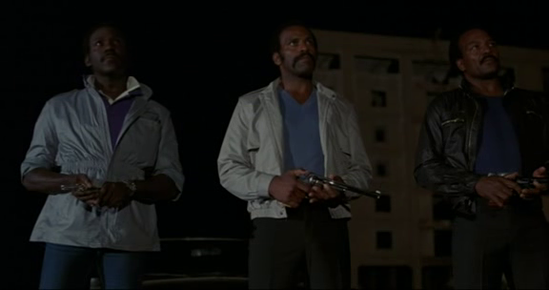 At a high stakes martial arts tournament, Chuck, the coach of one of the participants,expects that the match is being rigged against him. He sneaks back to the opponents locker room but gets harassed and ultimately shot for investigating. His friend, Ralph, a fight promoter, also expects foul play so they call on two of their buddies from California. Things go from bad to worse for Chuck, Ralph and their friend Teri, until Cal and J show up to get to the bottom of who took the $200,000 dollars from their friends. Fred Williamson's One Down, Two to Go is a decent blaxploitation-esque film that finds Fred Williamson, Jim Brown, Jim Kelly, and Richard Roundtree fighting the mob. The film is pretty much a wet dream for blaxploitation fans but it suffers from some terrible pacing, specifically a very tepid intro that takes too long to get to the good stuff. By good stuff I basically mean when Jim Brown and Fred Williamson show up and start kicking ass all over town. Make no mistake, this is the Fred Williamson and Jim Brown show for most of the duration, with Richard Roundtree and Jim Kelly being off screen with injuries during a large majority of the film. One Down, Two to Go was not as gritty or raw as I was hoping- outside of the sequence where Richard Roundtree's character suffers a coma. The abundance of the dialogue is pretty awful but I guess that's pretty common in this sub-genre, though it certainly has a few badass lines. One Down, Two to Go is certainly not a blaxploitation film that should be high on your list, but with Jim Brown and Fred Williamson chewing up scenery, you could do a lot worse. 6.5 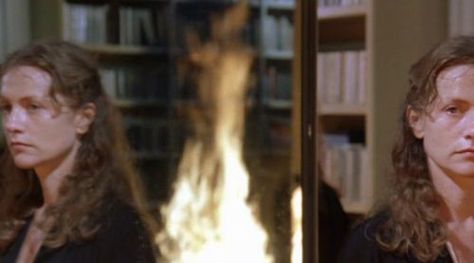 Werner Schroeter's Malina begins with a horrific dream sequence in which our main protagonist envisions herself as a little girl being thrown to her death off the top of a building by her own father. While the scene certainly grabs the viewer's attention, it is only the beginning of a film which sets out to challenge the viewer in every way possible. The basic plot of the story revolves around this unnamed protagonist, a chain-smoking writer, whose increasing insanity stems from choosing between her uninspiring, bland husband and her indifferent lover she recently met. Werner Schroeter's Malina is one of the most complex and difficult films I have witnessed in quite a while. It's a film that slowly and emphatically captures madness, specifically schizophrenia, in a way which I don't think i've seen before. The comparisons to Zulawski's films are certainly apt but Malina is much more reserved from a directorial standpoint, using beautiful static compositions which complement the frantic energy of the film. With Maline, Schroeter assaults the viewer intellectually, touching on themes dealing with individuality, feminism and beauty vs. intellect, among others. I would be lying if I said I grasped everything the filmmaker was trying to say but what he has created is a visual work of art. Schroeter uses an abundance of mirror imagery to express how Malina's individuality is being affected by these two men, capturing how they want to control or takeover her identity. Besides how these two men interact with her, Malina consists of quite a few surreal sequences revolving around her father which seem to suggest that much of her discourse began there. The fact that all these characters are male certainly isn't by coincidence, though it may be a little too presumptuous to say the filmmakers were commenting on how feminism is caged off and sheltered in a male-dominant world. Isabelle Huppert, who seems to be in every damn film these days, gives arguable the best performance in her entire career , capturing both the extreme fragility and angst this character has. If I had a major complaint about Malina it would simply be the films running time, as it could have been a half hour shorter and had the same effect. Werner Schroeter's Malina is the type of film many would deem as "unrewarding', it's challenging and intentionally confusing but undeniably fascinating. 8.75/10 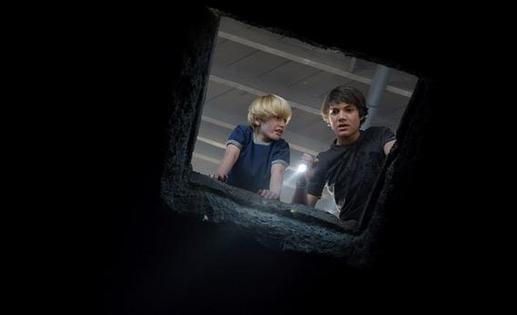 14 year old Dan and his 10 year old brother Lucas weren't too happy being uprooted from New York City by their single mother, Susan. They've just moved into the small town of Bensonville and the only thing keeping Dane somewhat sane is the attractive next door neighbor, Julie. Things take a turn for the worse when Dane and Lucas discover a sinister black hole under a locked trap door in their basement which threatens to change their world dramatically. Joe Dante's The Hole is a film very much in the same vein as Gremlins or Goonies, being a kid-centric horror story that is both frightening and charming. The first thing that really jumped out to me about The Hole is just how well written the two brothers are. The sibling dynamics between them feel completely genuine, balancing the right blend of adolescent horseplay and bonding. With The Hole, Dante has crafted a film that really captures the adventurous nature of children, as much of the running time revolves around Dan and Lucas exploring the strange happenings. What they discover is that the Hole focuses on their greatest fears and nightmares which leads to a fun, borderline subversive climax. Thematically the film wears its message on its sleeve by the end of the film but I wouldn't expect much else from a film in the teenage horror genre. If I had one major complaint about The Hole it would revolve around the film's rather timid nature in attempting to inflict fear in its audience. Don't get me wrong, I totally understand this is Dante's realm to a degree, but I think he could have pushed the envelope a little more in the horror department. 7/10 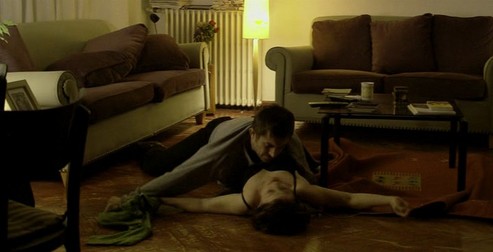 Isa, a college professor, is vacationing in Kas with his younger girlfriend, Bahar, who works as an art director in television. Isa and Bahar appear to have been together for sometime, but while in this seaside community it becomes clear that they are drifting apart. While at the beach, Bahar calls an end to their relationship, heading home to Istanbul. As the seasons change Isa and Bahar fall out of touch until Isa travels to the remote mountain location where Bahar has been working. Nuri Bilge Ceylan's Climates is a minimalist portrayal of a failing relationship which focuses more on the male protagonist and how his decisions have impacted the chances the relationship has for success. Early on in the film we see that Isa and Bahar have trouble in their relationship but Ceylan really gives no clue about their past or what happened to make them grow apart. Instead, Ceylan lets the two separate, following Isa where the viewer is given subtle glimpses as to what could have caused this discourse. I'm not sure it's intentional but Isa is not a very likeable character, a man who seems to be in a state of inner turmoil unable to find happiness in the people and/or relationships around him. This is illustrated beautifully in a scene where Isa reconnects with an ex-flame, Serap, that leads to rough, borderline violent, sex. This sequence is not erotic in the slightest as if Ceylan intends to capture the ugliness of human behavior while specifically highlighting Ira's inner turmoil. Ira is a man who sees relationships more about power than love with this being illustrated in his desire to seek out Ira after he learns of her success, leaving Serap behind in a heartbeat. While I don't think a character has to be likeable, I believe Ceylan could have done a lot more to capture the inner-workings of this man. It seems that Ceylan wanted us to feel sorry or pity this man but I was left rather emotionally empty about his situation. Anyone familiar with Ceylan's films will feel right and home with Climates, a film that relies very little on dialogue to convey emotion. This is a film where more happens in the quiet moments of silence with the visual compositions and actor's body language and facial expressions telling the viewer all they need to know. Nuri Bilge Ceylan's Climates is a beautifully composed film that is a good example of minimalist storytelling, though it's not as emotionally resonant as I was hoping. 7.25/10 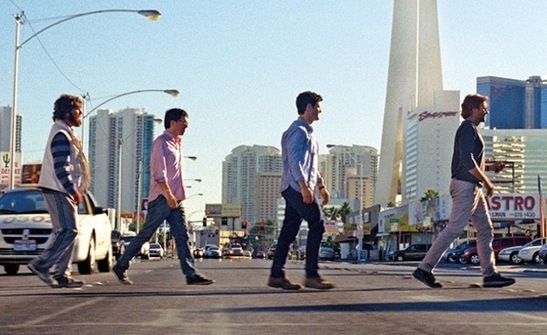 In the third and final installment of The Hangover trilogy, Todd Phillips' takes the latest adventure of Stu, Phil, and Alan in a radically different direction. There is no bachelor party, or actual wedding involved in this story which finds the trio in another nightmarish scenario. This story is set in the aftermath of the death of Alan's father where the group stages an intervention with Alan, determined to get him treated for his mental issues. What starts off as a trip to the clinic takes a horrible wrong turn when they are attacked by Marshall, a drug dealer intent on tracking down Mr. Chow and the 21 million he stole from him. Marshall kidnaps Doug, and forces the wolfpack to find Chow and surrender him to the gangster. Todd Phillip's Hangover 3 is a very different film than its two predecessors, opting for a much darker comedic story that is unfortunately not very funny at all. The Hangover 2 is pretty universally regarded as a carbon copy of the first film but at least the characters feel the same. The success of this trilogy is really built around the likeability of Phil, Stu and Alan but with this film the characters just didn't feel the same. Alan is the most glaring example of this, a character who now just feels preposterously dumb and annoying. In the previous films he was certainly stupid but he had a likeability to his character that has become much more mean spirited in the third entry. Comedy is arguably the most subjective genre so some may actually find some of the antics funny but overall this film was rather uninteresting and even cringe-inducing at times. The Hangover Part 3 wraps up the characters decent enough but they don't even feel like the same people, ending a comedy trilogy that never should have been a trilogy to begin with. 4/10 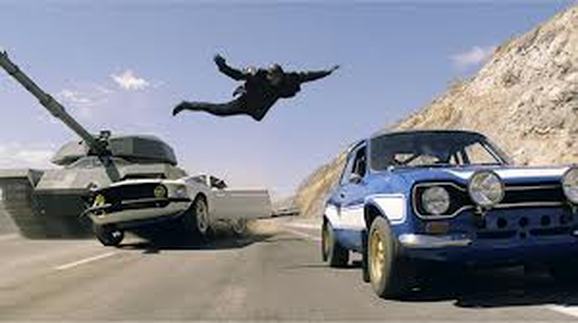 Fast & Furious 6 picks up right where the last film ended, with the various protagonists scattered through-out the world, enjoying their millions from the Drug kingpin heist. While money isn't much of a concern anymore, their inability to return home is still a thorn in their collective sides. When Hobbs shows up at Torretto's doorstep asking for help, Torretto agrees to assemble his team and help bring down an organization of mercenaries, aided by Letty, whom everyone believed to be dead. Justin Lin's Fast and Furious 6 is a big, dumb action film that pays little mind to physics in constructing ts extravagant action sequences. The story is serviceable, with a few laughable plot/character reveals, but honestly does anyone really care about the story when it comes to these films? The film continues in the same vein of its predecessor, with its "family" theme reverberating at nauseam through the films running time. This is particularly big in Fast and Furious 6, being that Letty has fallen into the wrong hands, with Dom's main reasoning for accepting Hobb's offer being the need to get Letty back. Obviously the film has to have some character arch but this aspect of the story really just gets in the way of the action, slowing the pace down considerably. For me the most interesting aspect of this entire series is its ability to evolve from a rather small, street racing flick that was basically Point Break with cars, to a full throttle, international action thriller where the stakes are millions of lives. What makes this film the best of the recent films, (Tokyo Drift is still the best film IMO) is that's somewhat self aware. From an absolutely hysterical music video-esque opening credit sequence, to how Tyrese's character references Hobb's glistening biceps, it felt that the filmmakers knew what they were making and didn't try too hard to focus on reality. The bottom line is you probably already know if you will enjoy Fast and Furious 6, following the sequel formula of being bigger and louder, but certainly fun. 7/10 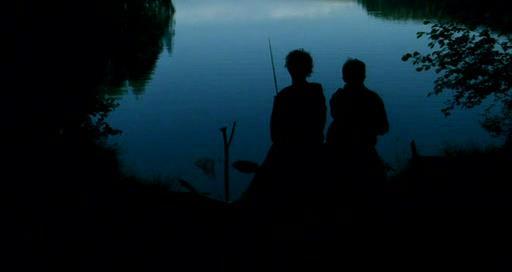 The opening sequence of The Return, in which a young boy refuses to jump from a high platform into the water while facing peer pressure, is just filmed to perfection. It's a rather simple sequence but the sweeping visuals and precise shot compositions perfectly express the boys' state of fear. This is something that Andrei Zyagintsev's films all have in common - precise visual compositions.. While his film Elena's compositions were more complex, The Return is just as brilliant at creating expressive visuals and its not just the compositions but also the use of the blue/greyish tinted color pallete, particularly in the second half of the film. For anyone not aware, the films about two young brothers who go on a fishing trip with their father, who returns home after being gone for 12 years. All three actors in this film give outstanding performances. The relationship dynamics are top notch, particularly the father, who is a stern man but as a character is perfectly balanced on the thin line between stern and mean-spirited. Thematically the film is about a right of passage into manhood, particularly for the younger boy, and the last 30 minutes of this film are incredibly resonant. Another great example of the films cinematography is the dinner scene when the father first arrives home. The camera begins centered onthe father, slowly pulling back to where the mother and grandmother each create the frame of the shot. It's an expressive shot showcasing the passing of a torch if you will, from the woman unto the father who must now teach the boys. Seriously, is every Russian filmmaker born with the unique ability to create the most breathtaking visuals? Must be in the water or something. 9.5/10 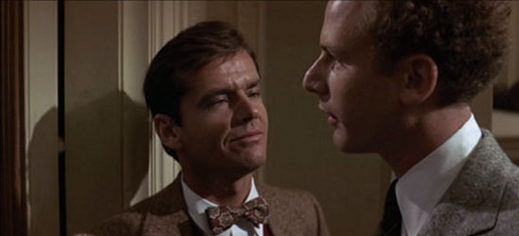 Jonathan and Sandy are two best friends who don't seem to be able to talk about anything but their sex lives. Jonathan is an aggressive, womanizing type of man who is always looking for his next sexual conquest while Sandy is the mores sensitive type of guy. Spanning from their post-World War II college days at Amherst University through the 1970s, we follows these two men as they go from relationship to relationship. Michael Nichols' Carnal Knowledge is a film that sets out to expose the damage the pre-1960's sexual mores caused. The film explores the sexual hypocrisies of this time, and through these two men shows the trauma it causes for decades to come. Carnal Knowledge opens with a fantastic opening credit sequences that finds Jonathan and Sandy in conversation about love, lust, sex and woman. The screen is a simple blank, black screen with title cards, but the voice-over features some fantastic dialogue that really sets up the type of film the viewer is about to experience. This is a dialogue heavy film which fortunately also happens to be the strongest aspect of Carnal Knowledge. There is lots of great banter and ideas throughout the film with sharp, witty, and insightful dialogue a plenty. While the film certainly shines a light on male chauvinism and the sexual hypocrisies which exist, the film does come off rather cold. Perhaps this is completely intentional, but I never felt emotionally attached or invested in either Jonathan or Sandy as characters which I believe stems from them being a little too one-note. That being said, I was very much affected by the segment involving Jonathan and Bobbie, the woman who desperately wants to be loved and admired for more than her figure. Mike Nichols' aesthetic is rather simple yet effective but one thing I found interesting was the abundance of silhouette shots used throughout the film. For me, this heavy use of silhouette attempts to show that these characters are not at all unique but rather a faceless, common figure representing male chauvinism. Not surprisingly, Jack Nicholson is probably the stand out of the film, doing a fantastic job playing the womanizing, chauvinistic Jonathan, a man who desires absolutely no attachment outside of carnal impulses. Carnal Desires is a well-written dialogue driven film exploring the double standard of sexuality in our society and while it didn't resonant with me as much as it should, it's another strong example of the unique and inspired cinema coming out of the late 60's/early 70s. 7.75/10 |
AuthorLove of all things cinema brought me here. Archives
June 2023
|
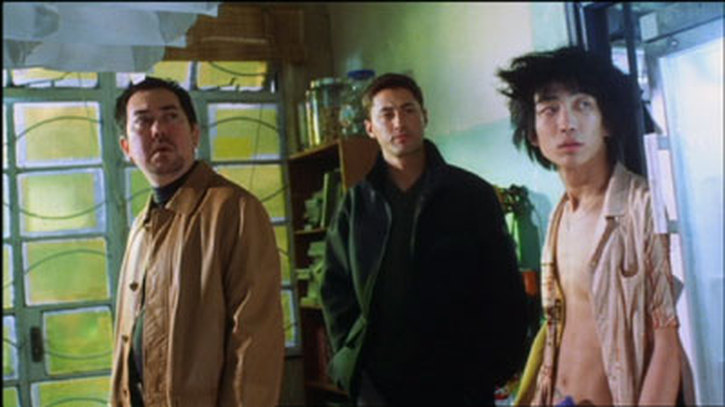
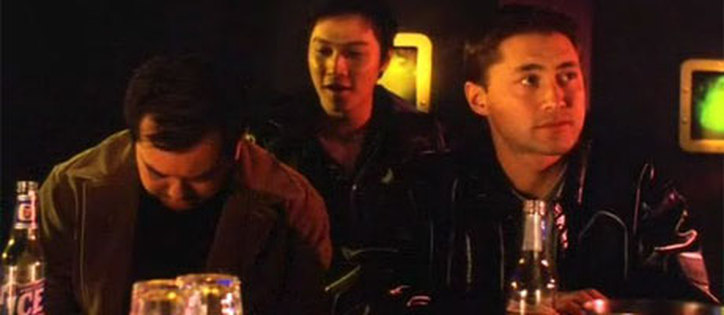
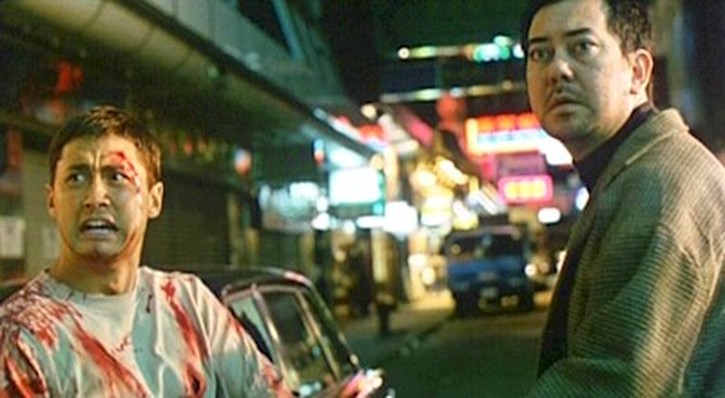
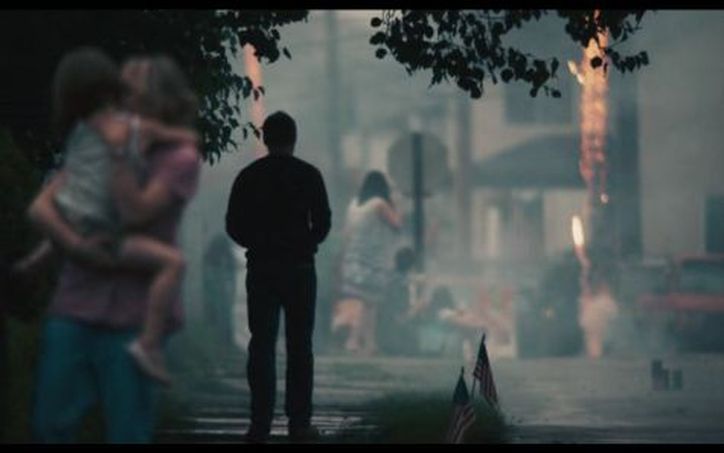
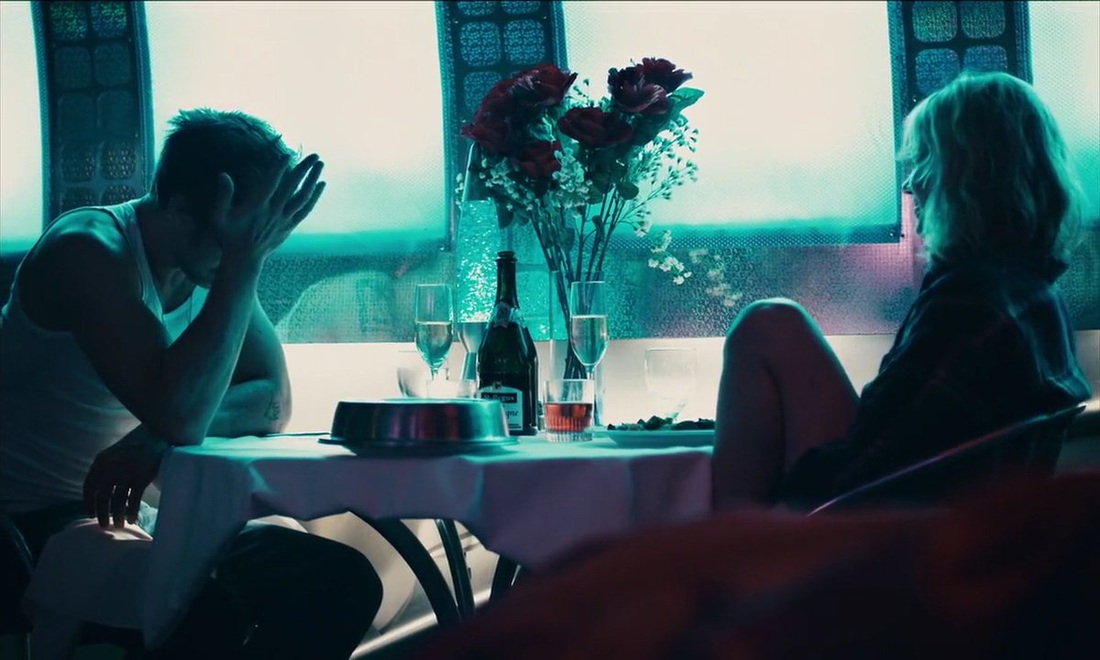
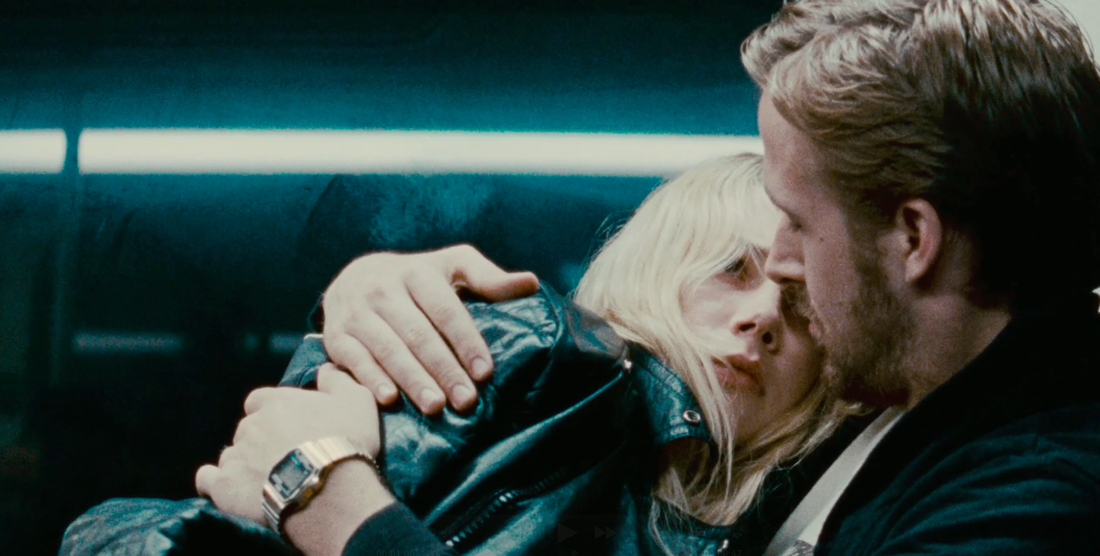
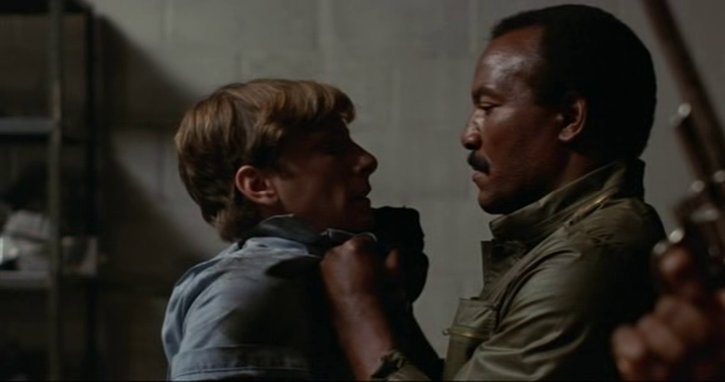
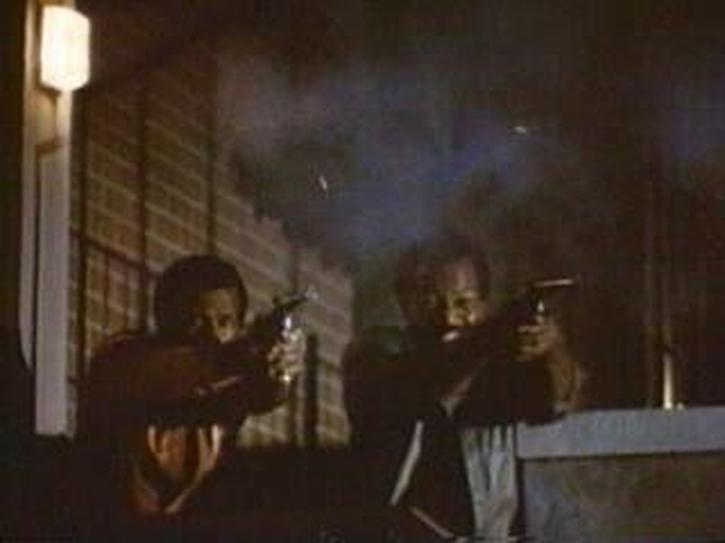
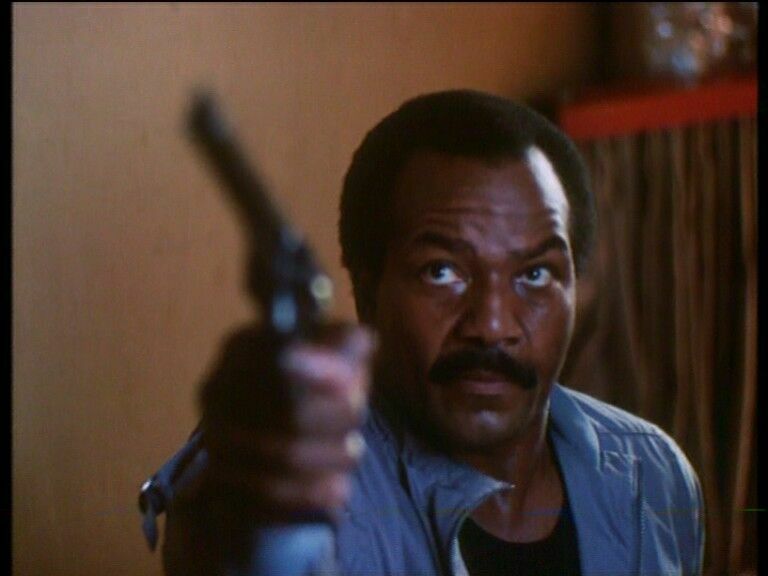
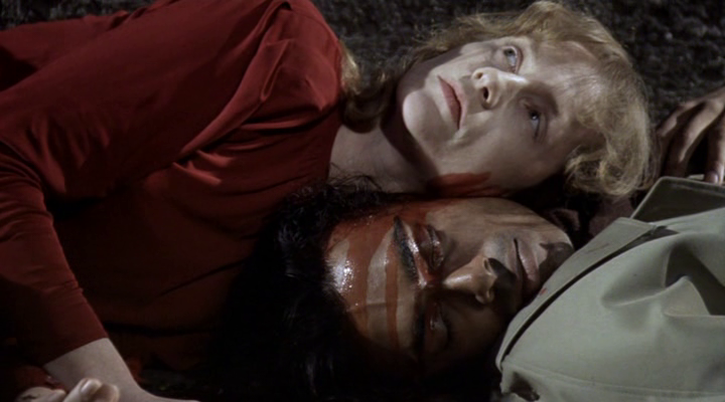
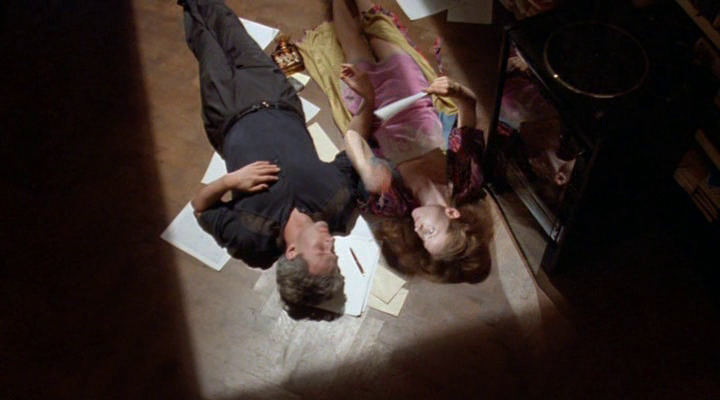
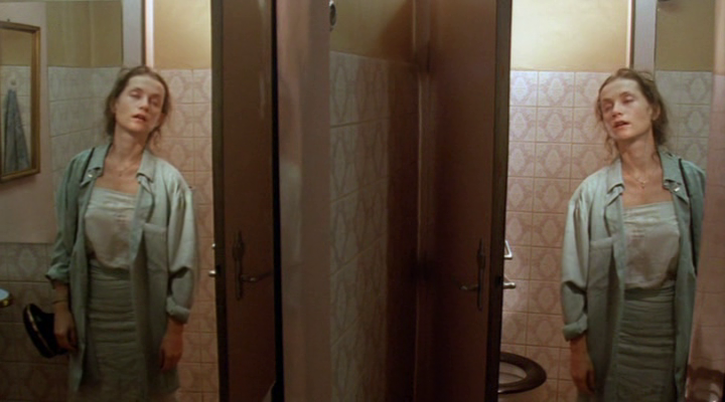
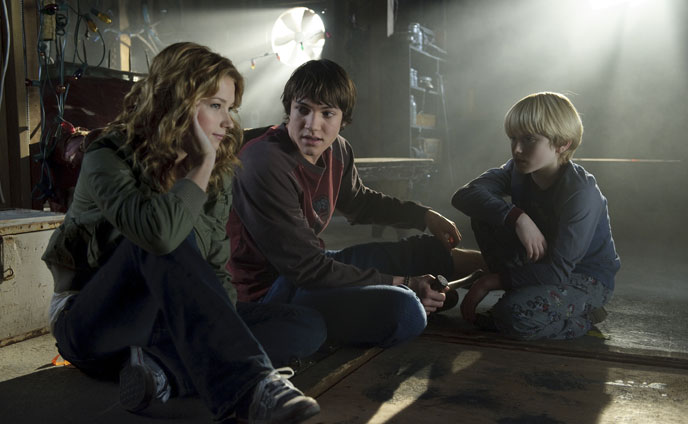
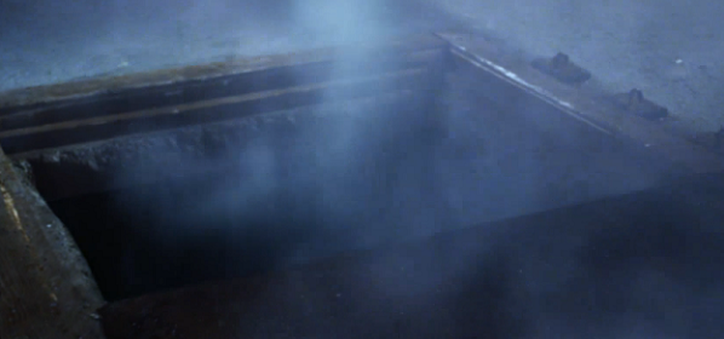
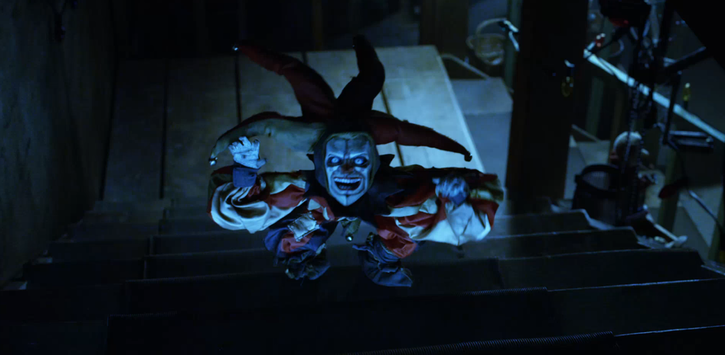
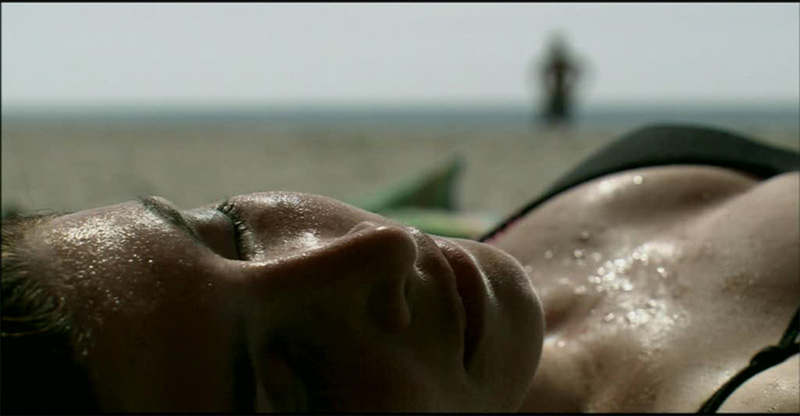
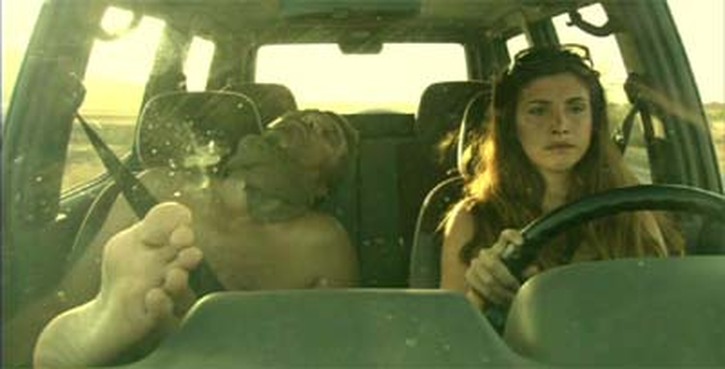
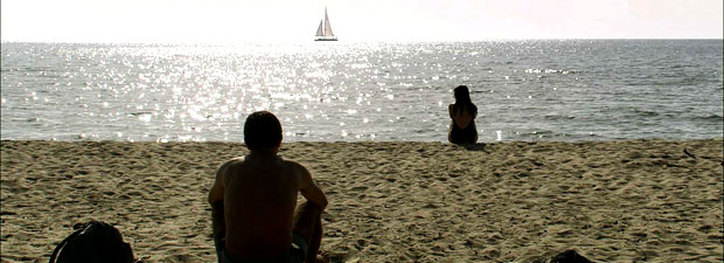
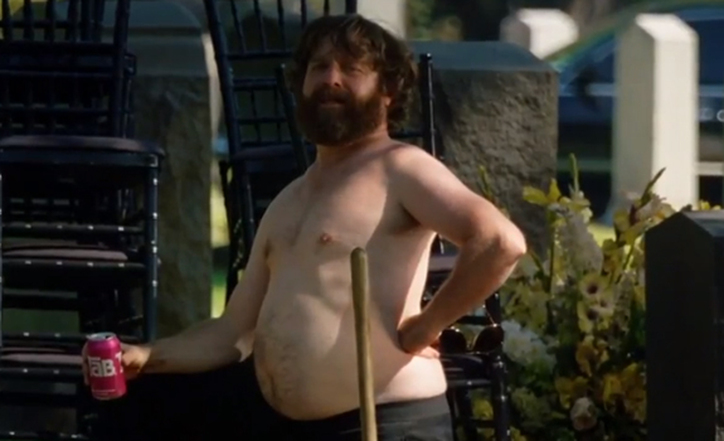

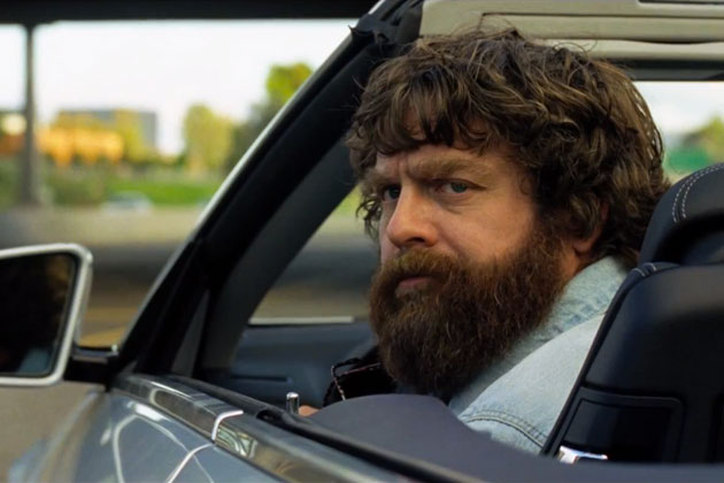
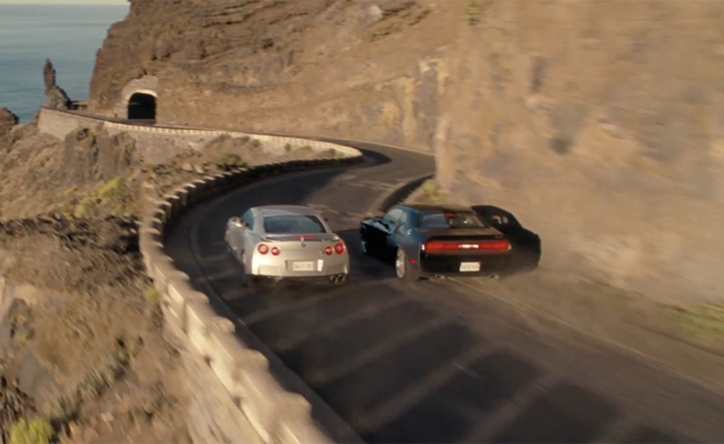
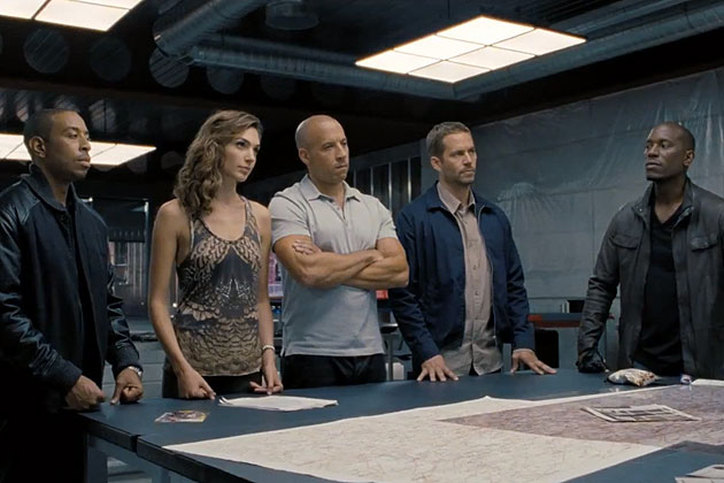
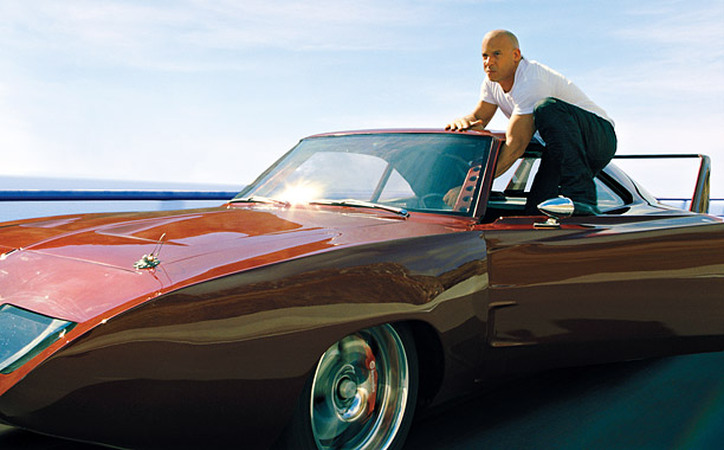
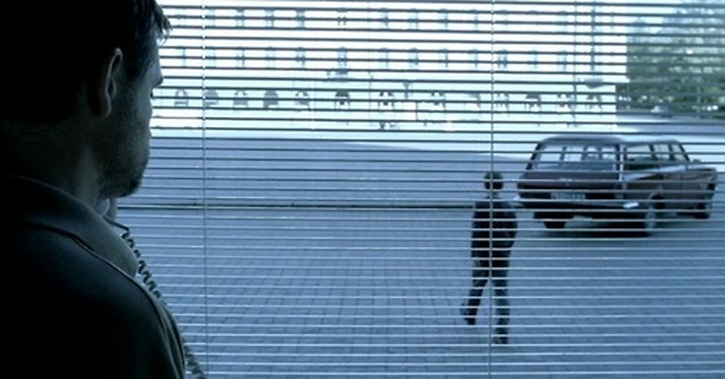
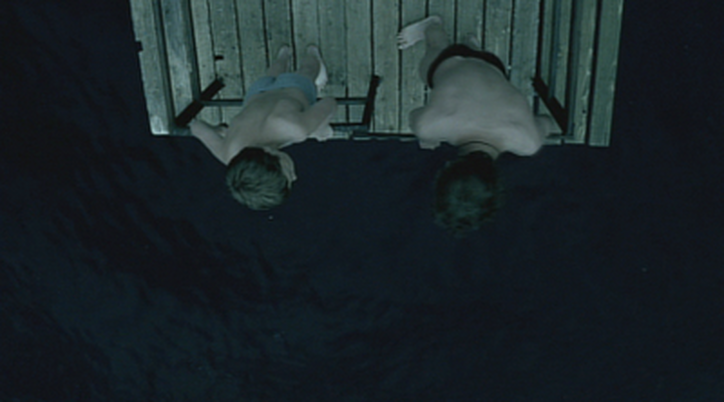
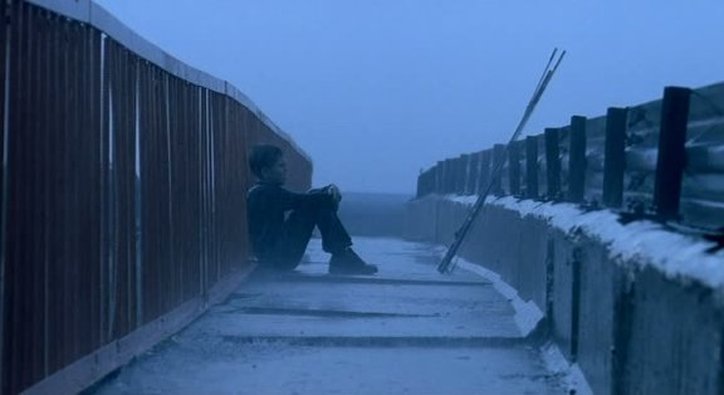
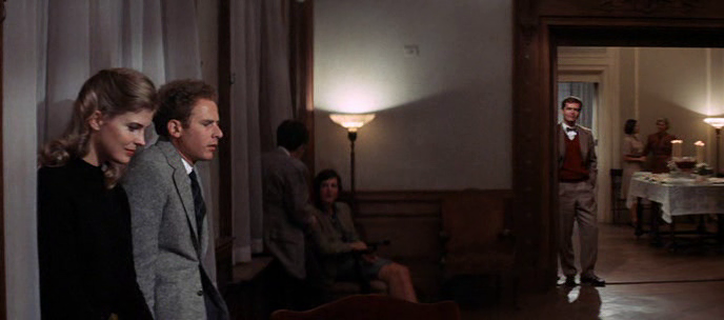
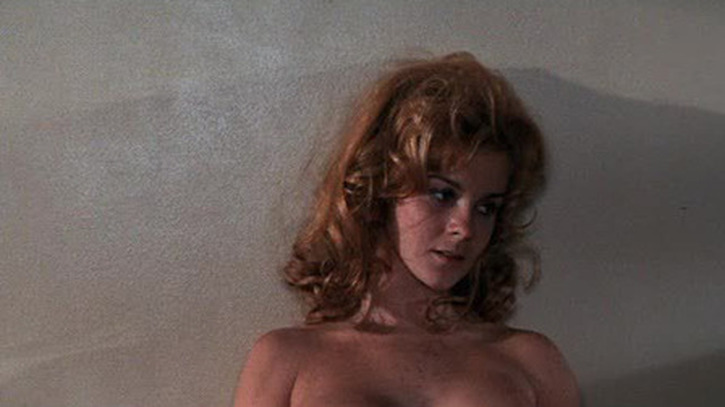
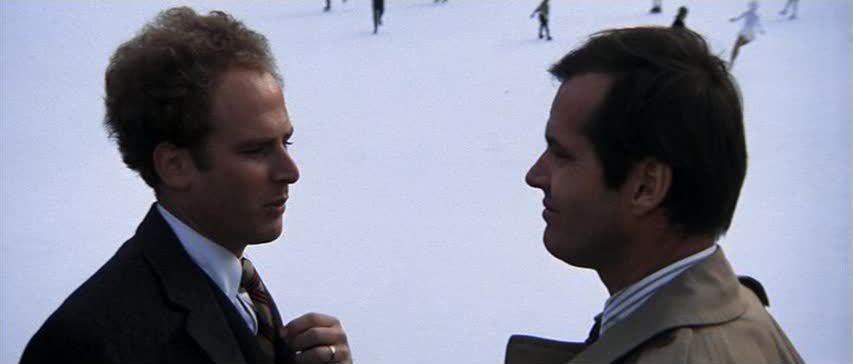
 RSS Feed
RSS Feed
